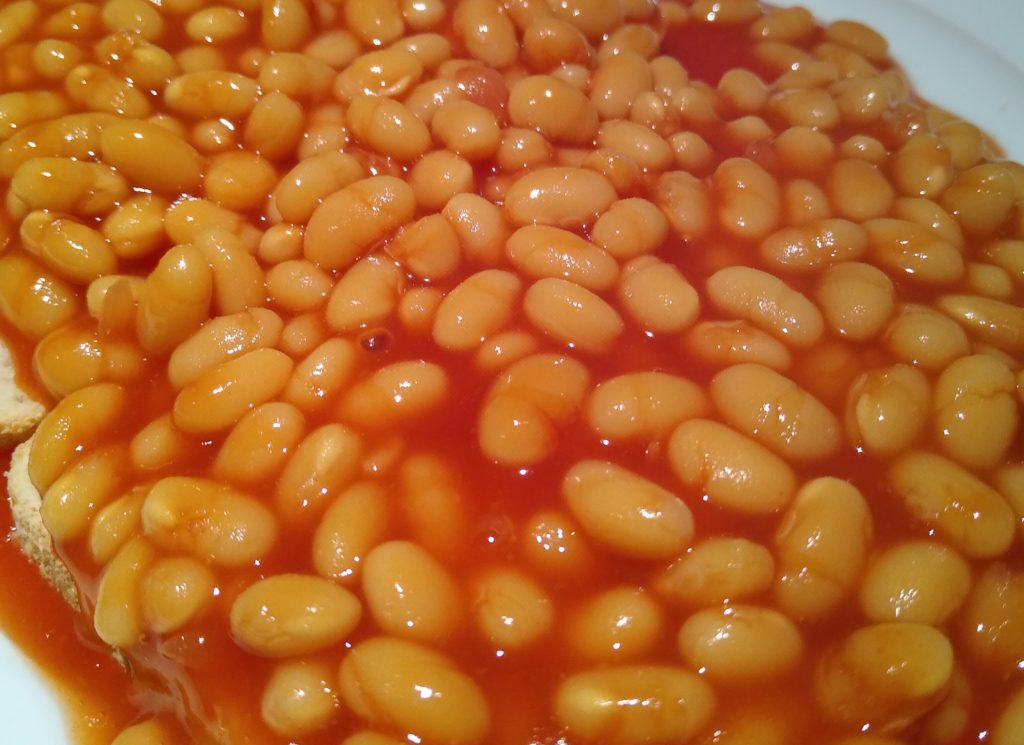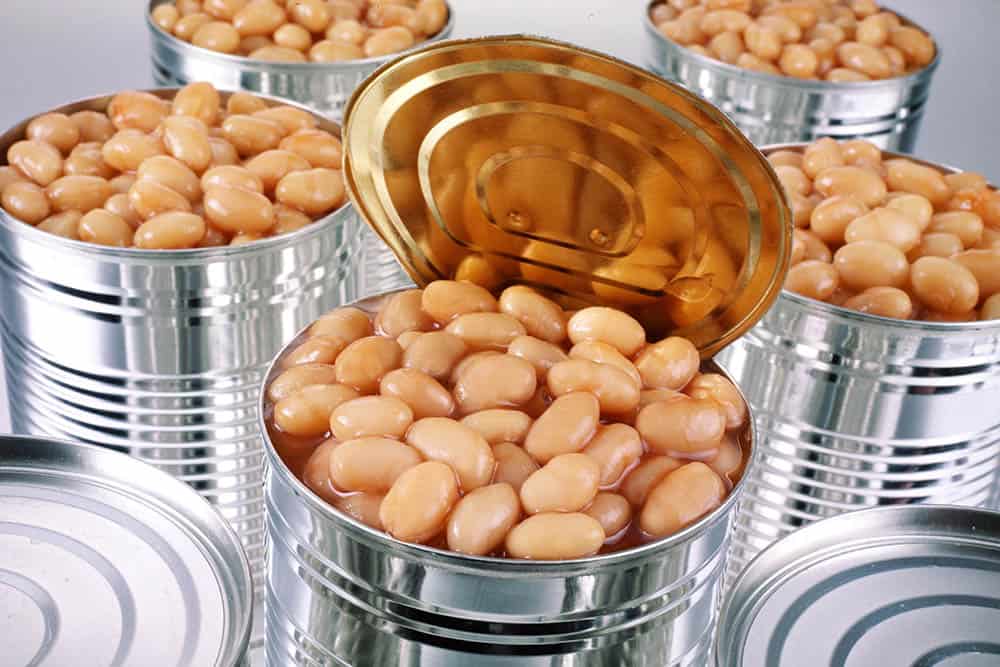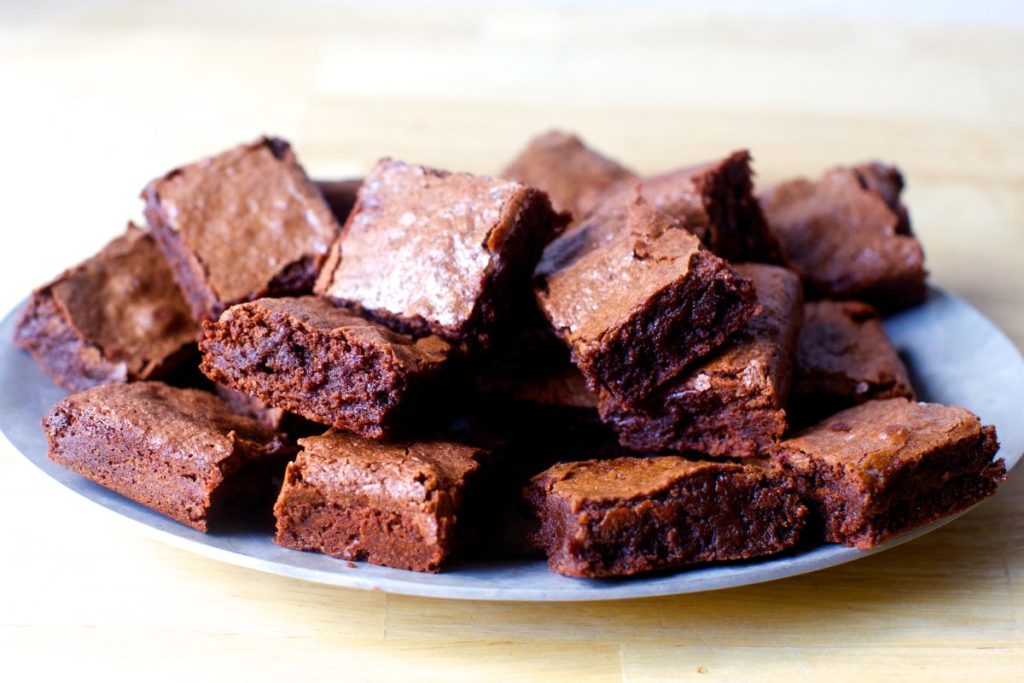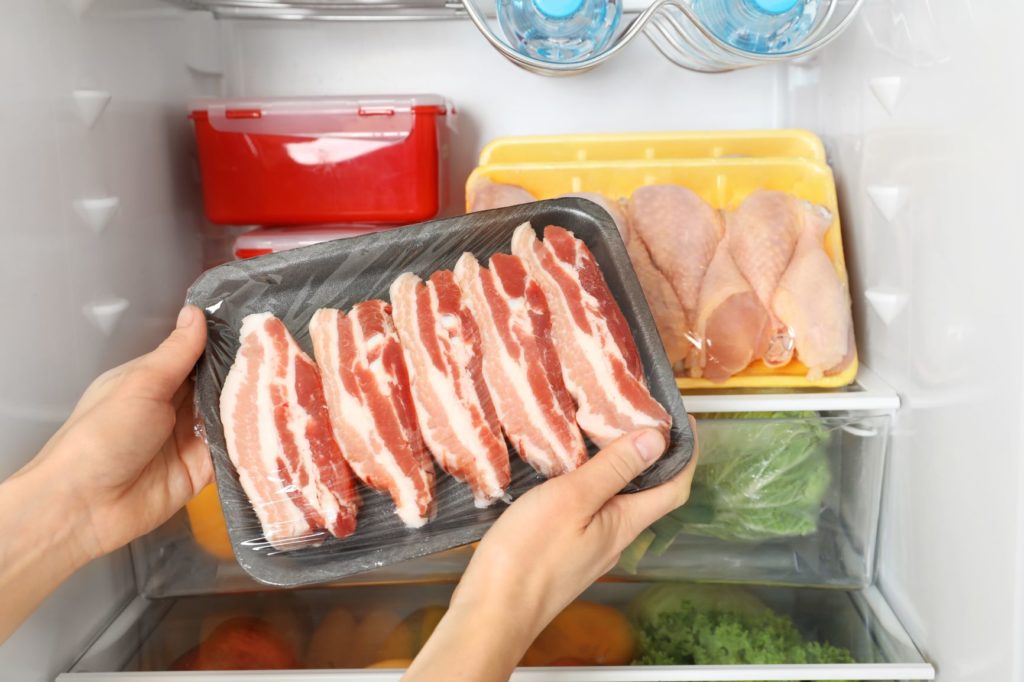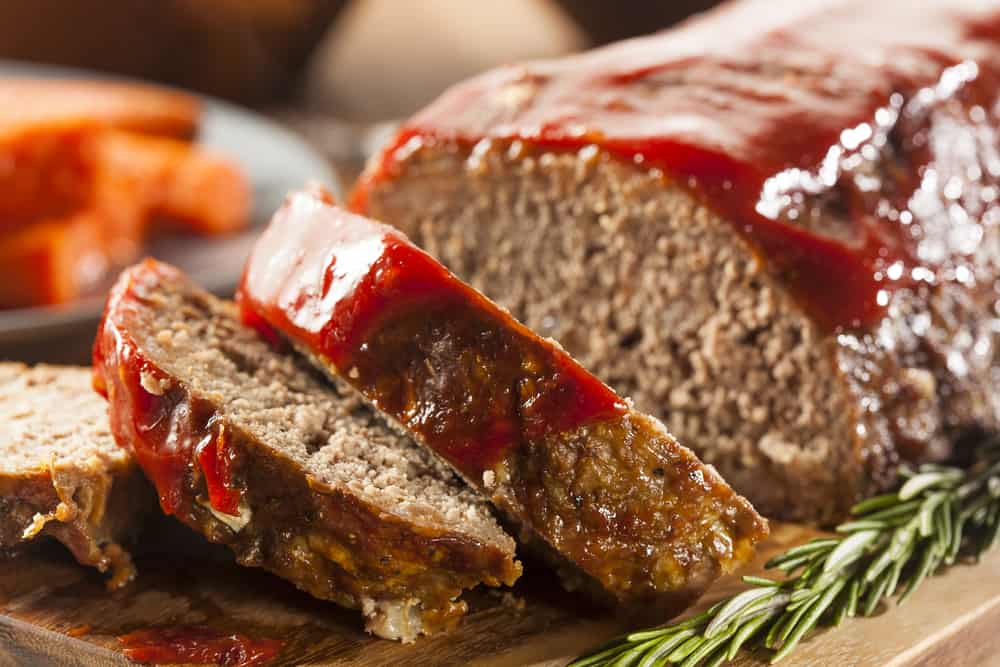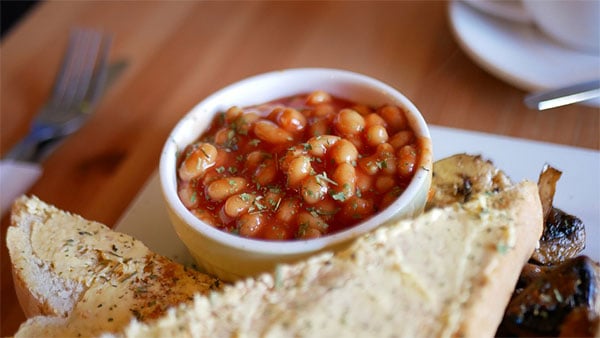
This post may contain affiliate links. Read my disclosure policy here.
Homemade baked beans
For the best results from freezing, it is advised that you freeze your beans on the same day that you cook them.
You must first allow your beans to cool completely to room temperature. Spread the beans out into a flat layer over a large area to allow the heat to dissipate faster. Do not leave the beans on the countertop for longer than 2 hours as this can allow harmful bacteria to breed.
For extra precautions, we suggest refrigerating your beans for 6 hours prior to freezing. If you attempt to freeze the beans while they are hot, they will expand and burst. This will mean that the beans will turn mushy when defrosted.
The best container to freeze your beans in is a rigid, airtight, BPA-free, and freezer safe plastic container. The hard structure of the container will protect the beans from getting squashed, and the airtight seal will prevent the beans from developing freezer burn.
You can also use a freezer-safe ziplock bag, although this will provide the beans with a much reduced level of protection from impact in the freezer.
If you are likely to need your beans to defrost quickly, this is an ideal way to freeze them. Flatten the filled bag out to a thin layer. This will save space in the freezer too!
You should leave an inch or two of space at the top of the container. This is because the sauce will expand as it freezes and this space allows for expansion without running the risk of breaking the container.
You should always label the container clearly with the contents, quantity, and date frozen.
Canned baked beans
You should follow the same steps for freezing canned beans as you would for homemade.
Ensure you never freeze the beans in the tin can, always transferring them to a BPA-free and airtight plastic container.
Label with the date of freezing, and then place in the freezer.
How to thaw baked beans
You must transfer the beans out of the freezer at least 8 hours before you wish to eat them. Place in the refrigerator and allow them to thaw gently.
Once they have thawed completely, gently reheat in a saucepan over a low heat for around 10 minutes. Stir frequently to evenly distribute the heat.
You can also reheat the beans at a low temperature (around 350 degrees Fahrenheit) in the oven. You should reheat them in a heatproof dish covered with a lid for around 10 to 15 minutes, although this will vary depending on the quantity of beans you are defrosting.
If you try to reheat them too quickly, this can cause the beans to explode and compromise their integrity.
If you are in a rush, you can heat your beans on the defrost setting in the microwave. You can then reheat following the thawing. However, this can cause your beans to become very watery and mushy. To counteract this, add a little salt as you are warming the beans through.
If you are adding your frozen beans to a hot dish, such as a casserole or stew, you can stir them through without thawing.
Other notes
Never refreeze thawed baked beans. This can compromise the taste, structural integrity, and texture of the beans. It can also increase the risk of you developing food poisoning. This is because the multiple changes in temperature provide a good environment for harmful bacteria to grow.
If you do not eat baked beans in large quantities, we suggest freezing the beans in small quantities. This will mean that you only defrost what you will use, preventing food waste.
If you wish to boost the preserving power of your baked beans, we suggest adding a little salt to your beans during the cooking process. This is because it is a natural preservative and will extend the lifespan of the beans slightly.
If you have meat contained within the beans, ensure all pieces are fully covered in the sauce before freezing. This will prevent the meat from drying out in the freezer.
Never freeze uncooked beans. This will not yield a good result and is unlikely to make a good end result.
If you are freezing the beans in a plastic bag, take care to press out as much air as possible before sealing. This is because air is a vital component for freezer burn to develop, and by removing as much as possible you reduce the risk of freezer burn.
Summary
Baked beans can be frozen for anywhere between 3 and 6 months, depending on the type of beans. You should store the beans in an airtight container with a little space left at the top for the beans and sauce to expand.
You should allow your beans to cool completely before placing them in the freezer and consider adding a small pinch of salt if you want them to keep slightly better.
Do not forget to label the container before placing it in the freezer. This prevents the beans from sitting in the freezer for too long.
We recommend gently thawing the baked beans before reheating and serving. Never refreeze thawed baked beans as this can lead to food poisoning.
We hope you feel confident with freezing baked beans now.

